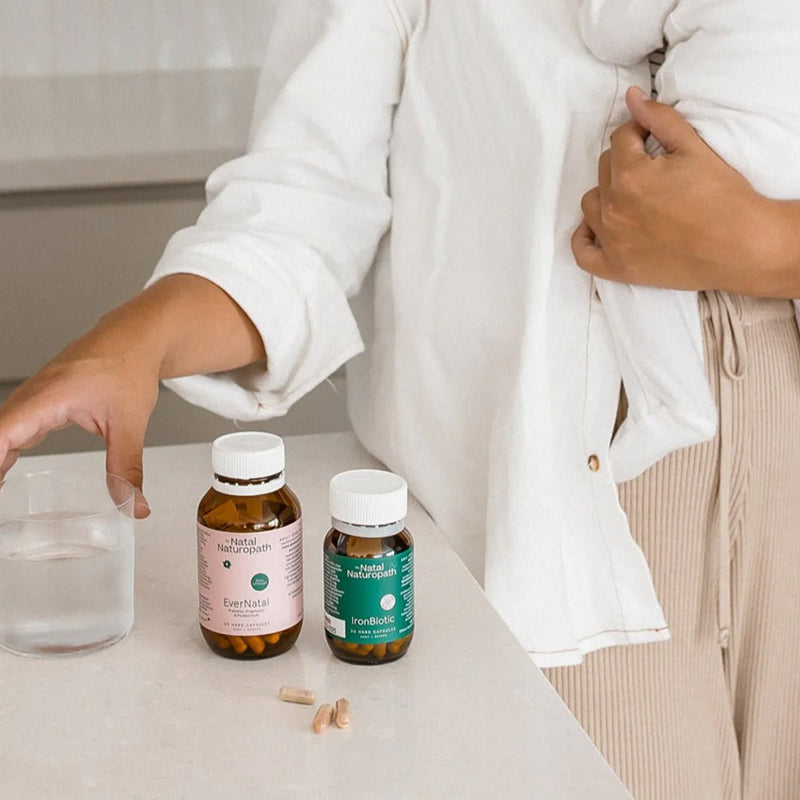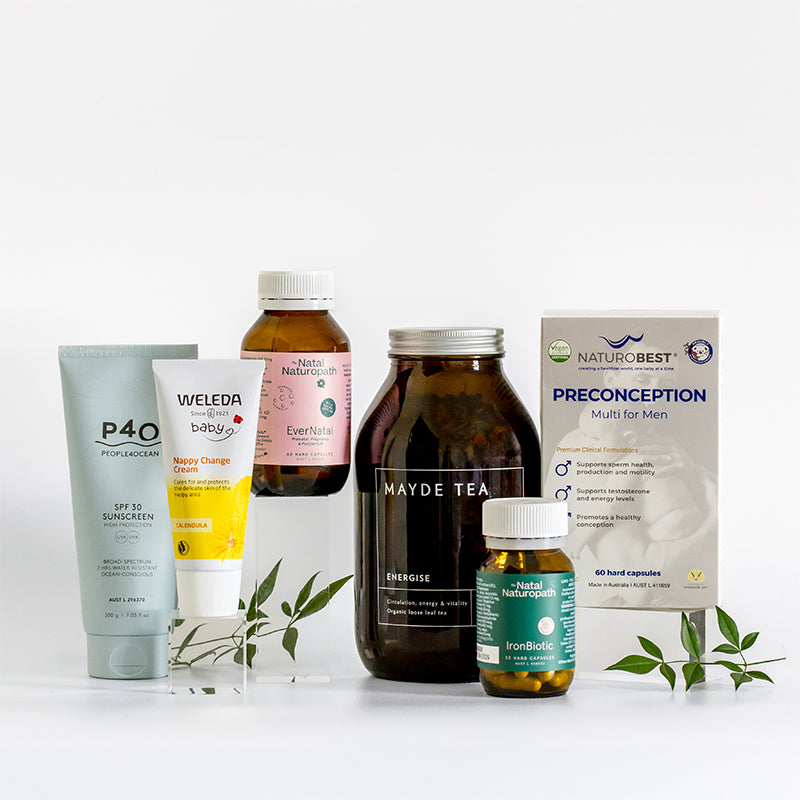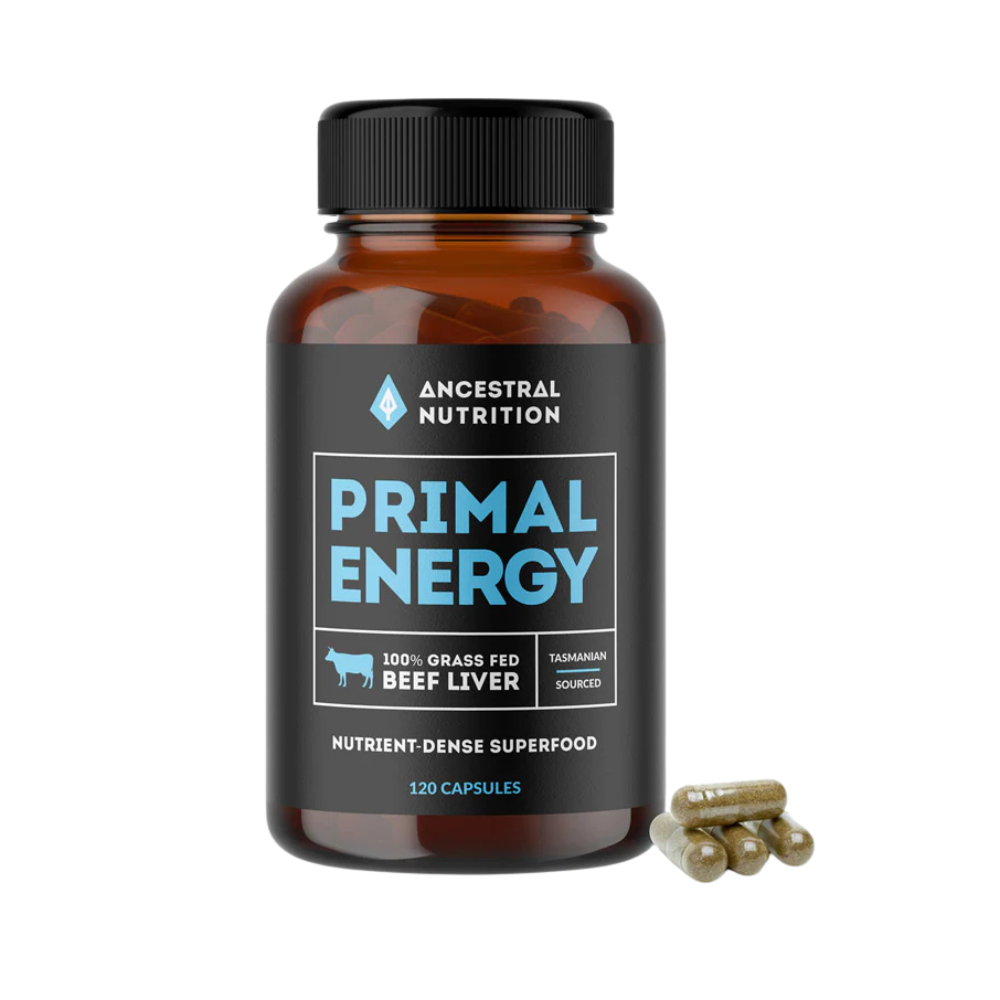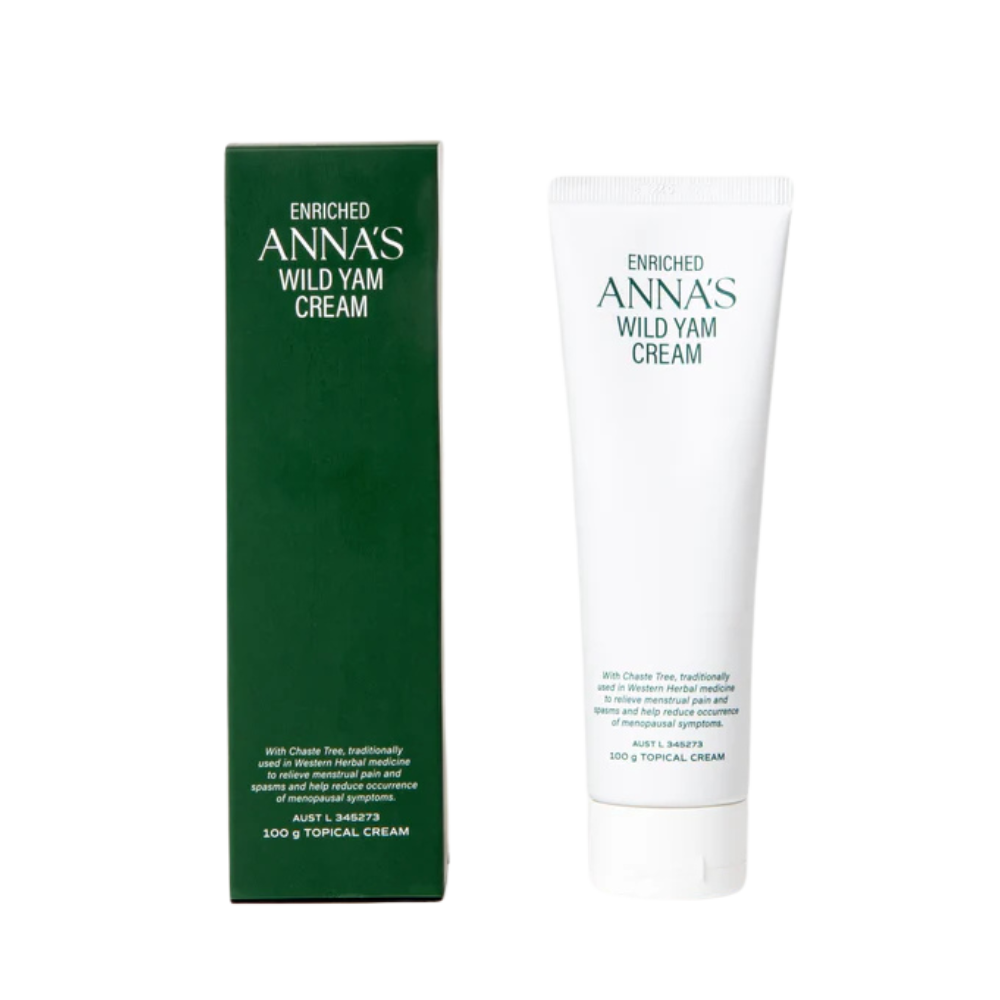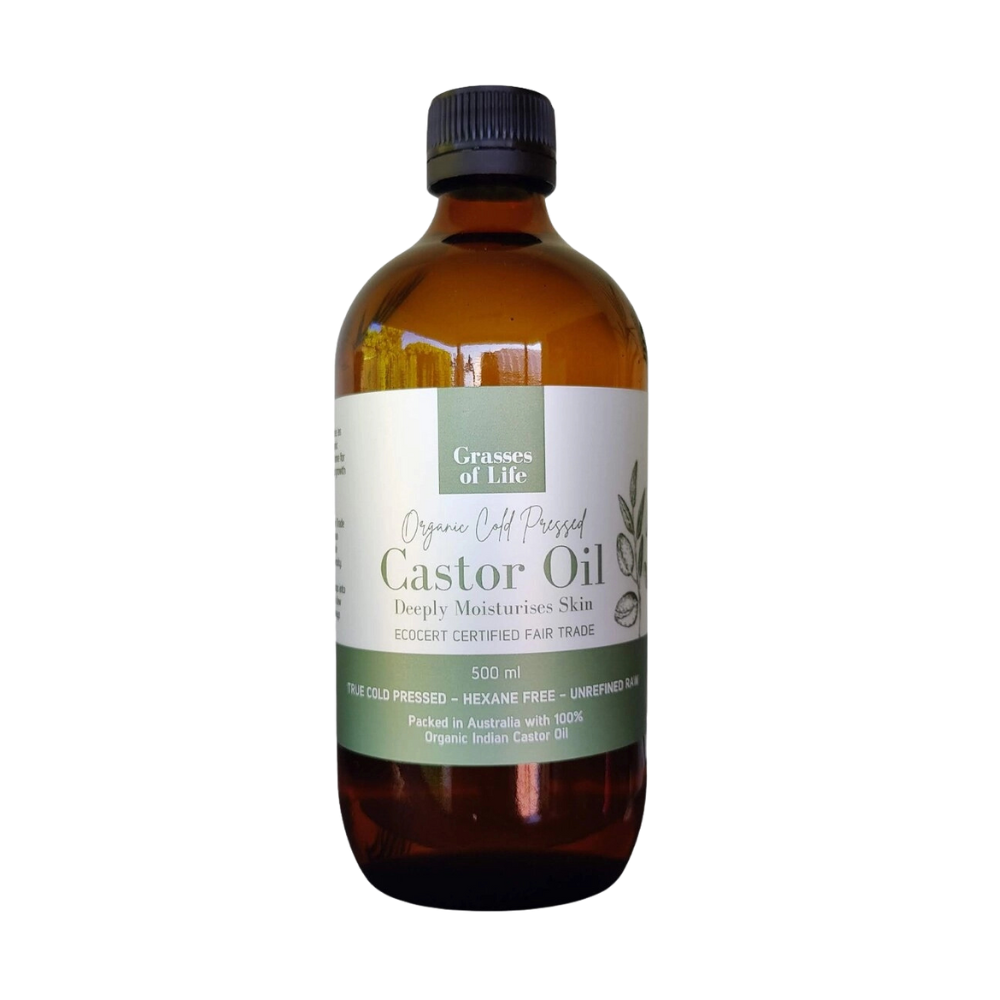Endometriosis is often described as a reproductive disorder, but it is far more complex than that.
It’s now recognised as a chronic inflammatory and immune condition that can impact multiple systems, including the gastrointestinal and urinary systems.
It also brings with it a significant mental load - many people living with endo also experience ongoing fatigue, anxiety, and pain that can be difficult to put into words.
Endometriosis often coexists with other conditions, such as:
-
Anxiety and depression
-
Fibromyalgia
-
Chronic fatigue syndrome
-
Autoimmune diseases
-
Cardiovascular conditions
-
Irritable bowel syndrome (IBS)
-
Eating disorders
-
Nutritional deficiencies, such as iron-deficiency anaemia
Living with endometriosis can be complex, unpredictable and isolating - but support is available. Nutritional care, as part of a broader treatment plan, can play a valuable role in helping to manage symptoms, reduce flare-ups, and support your overall wellbeing.
When you understand how food, hormones, inflammation, and nutrient levels interact, it becomes easier to make everyday choices that help you feel more in control of your body.
How Nutrition Can Support Endometriosis Symptoms
There’s no one-size-fits-all approach to endometriosis. But we do know that targeted nutrition and lifestyle changes can make a real difference in how you feel both day to day and long term.
A naturopathic approach aims to:
-
Support hormone balance
-
Reduce inflammation
-
Correct or prevent nutritional deficiencies
-
Improve gut health
-
Strengthen your body’s ability to regulate stress and energy
Here are some of the core strategies we often explore with our clients.
Anti-Inflammatory Nutrition
Reducing inflammation through food is one of the most effective ways to ease endometriosis symptoms!
Here’s what we often recommend:
-
Eat a wide variety of plant foods - aim for 40 different types across your week
-
Focus on fibre-rich, antioxidant-loaded foods like leafy greens, colourful veg, berries, herbs and spices
-
Reduce highly processed foods, including pre-packaged snacks, commercial baked goods, and processed meats
-
Minimise refined sugars and white carbs, which can spike blood sugar and trigger inflammation
-
Go easy on alcohol and caffeine, especially if you notice they worsen your symptoms
Supporting Hormonal Balance Through Food
Hormone health relies on multiple factors, including stable blood sugar, nutrient availability, and liver detoxification. Some helpful dietary inclusions are:
-
Cruciferous vegetables like broccoli, kale, cauliflower and Brussels sprouts, which support estrogen metabolism
-
Flaxseeds and legumes, which may help with gentle hormone modulation
-
Healthy fats from sources like salmon, sardines, nuts, seeds, olive oil, coconut oil and avocado, which support hormone production and reduce inflammation
-
Avoiding trans fats, often found in margarine, fried foods and some baked goods, which may disrupt hormone balance
Daily Habits That Make a Difference
Sometimes it’s the simple, consistent changes that add up over time. If you’re managing endo, these daily habits can help support your overall health and resilience:
-
Stay hydrated throughout the day
-
Include a source of protein at each meal
-
Cook with anti-inflammatory herbs and spices like turmeric, ginger and cinnamon
-
Find movement that feels good—gentle stretching, walking, or yoga can all support circulation and reduce tension
-
Prioritise rest and sleep, especially around your cycle
-
Support your nervous system with sustainable stress management—whether that’s mindfulness, journalling, or time in nature
In some cases, nutritional supplements may also be recommended. For example, magnesium can be helpful for muscle tension, fatigue, and pain relief—but always speak with your naturopath about what’s right for your body.
Naturopathic Support for Endometriosis
Endometriosis is a whole-body condition.. and it deserves whole-person care!
At our clinic, we understand the complexity and individuality of endo. No two experiences are the same, & we’re here to support yours with compassion and evidence-informed guidance.
Whether you’re navigating fatigue, pain, hormone imbalances, or digestive symptoms, naturopathic care can help you feel more supported, more informed, and more empowered in your body.
If you’re looking for tailored support, Mel is one of our experienced naturopaths who has a special interest in endometriosis and hormonal health. She’s here to walk alongside you with practical, grounded strategies that make sense for where you’re at.
Book an appointment with Mel: https://nourishing-apothecary.simplecliniconline.com/diary
This blog is for educational purposes only and is not a substitute for personalised medical advice. Please consult a qualified practitioner for individual care.

